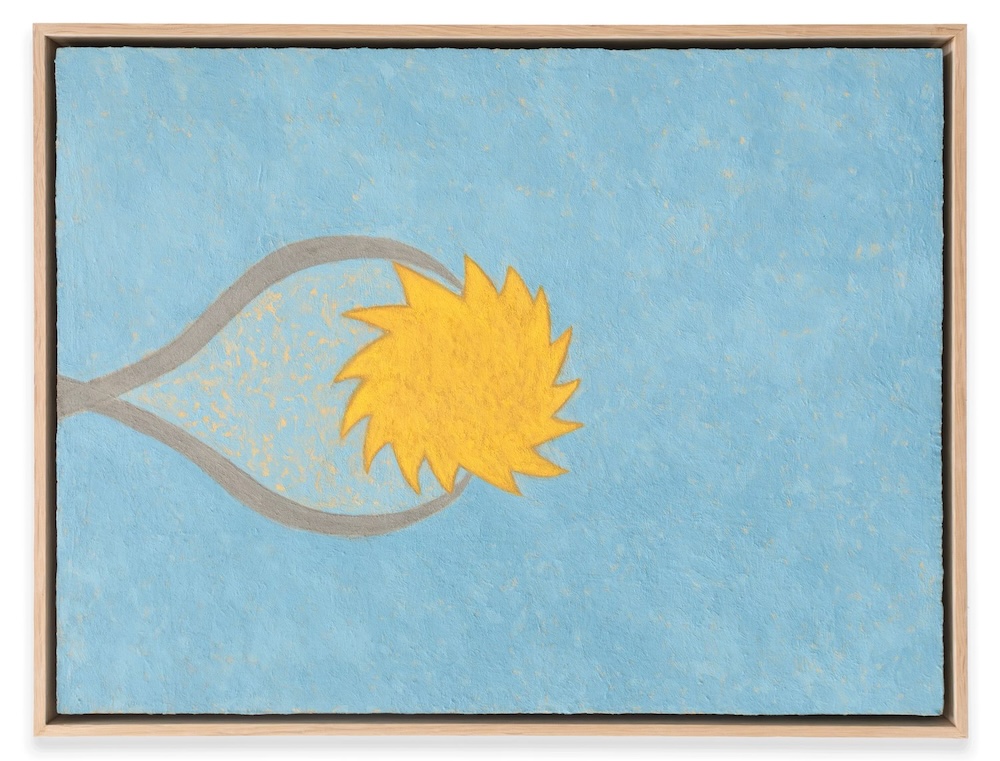Ryan Whelan presents The River Can Run, his fourth exhibition at pt.2 Gallery, featuring an array of paintings, drawings, and kinetic sculptures, offering a renewed insight into his art practice. Concurrently, "Diagrams of Living," a collection of hard-ground and soft-ground etchings, is exhibited in the gallery's third room, printed in collaboration with 222 Press.
The river carries me, and I am the river.
I was made of delicate substance, mysterious time.
Perhaps the source is within me. Perhaps the days emerge,
fatal and illusory, from my shadow.
—Jorge Luis Borges, “Heraclitus”
The mystery of time has perplexed us for ages. What is considered a distinctly modern concern is, in fact, a persistent thread in human thought. Centuries ago, someone, somewhere, was also running out of time. This intrigue sparks curiosity; it inspires philosophers, writers, scientists, and artists to investigate the way of its current. Many of us think of time as an external power, something that happens beyond our control. In my search for understanding, the words of Heraclitus echo in my mind: 'No one steps in the same river twice.'
For Ryan Whelan, time has been a constantly underestimated force. His relationship with time is born from an environment where the clock ticks loudly—where one lives in a hurry, with a persisting feeling that today is already too late. The River Can Run speaks of this kind of temporality—it is both a reflection and a starting point. Rather than seeking mere reconciliation with time, Ryan aims to move with the river that Heraclitus speaks of. To discover the rhythm in its flow, create space for introspection, and laugh at the absurdity of it all.
It often happens that an idea is born from another; unknowingly, we are conversing with what was said sixty or two thousand years ago. Jorge Luis Borges, a writer eternally intrigued by the fleetingness of time, said we are composed of that 'delicate substance,' that of 'mysterious time.' He believed that the spring from which the river of time emerges is actually within us; we have no choice but to run with its torrent. Coming to the realization that we are at once both eternal and ephemeral is the contradiction that ultimately shapes our existence. The River Can Run is about recognizing ourselves as part of the river, becoming water in its currents, accepting life's transitory nature, and moving harmoniously with the beat of the Earth. —Liz Hernández








